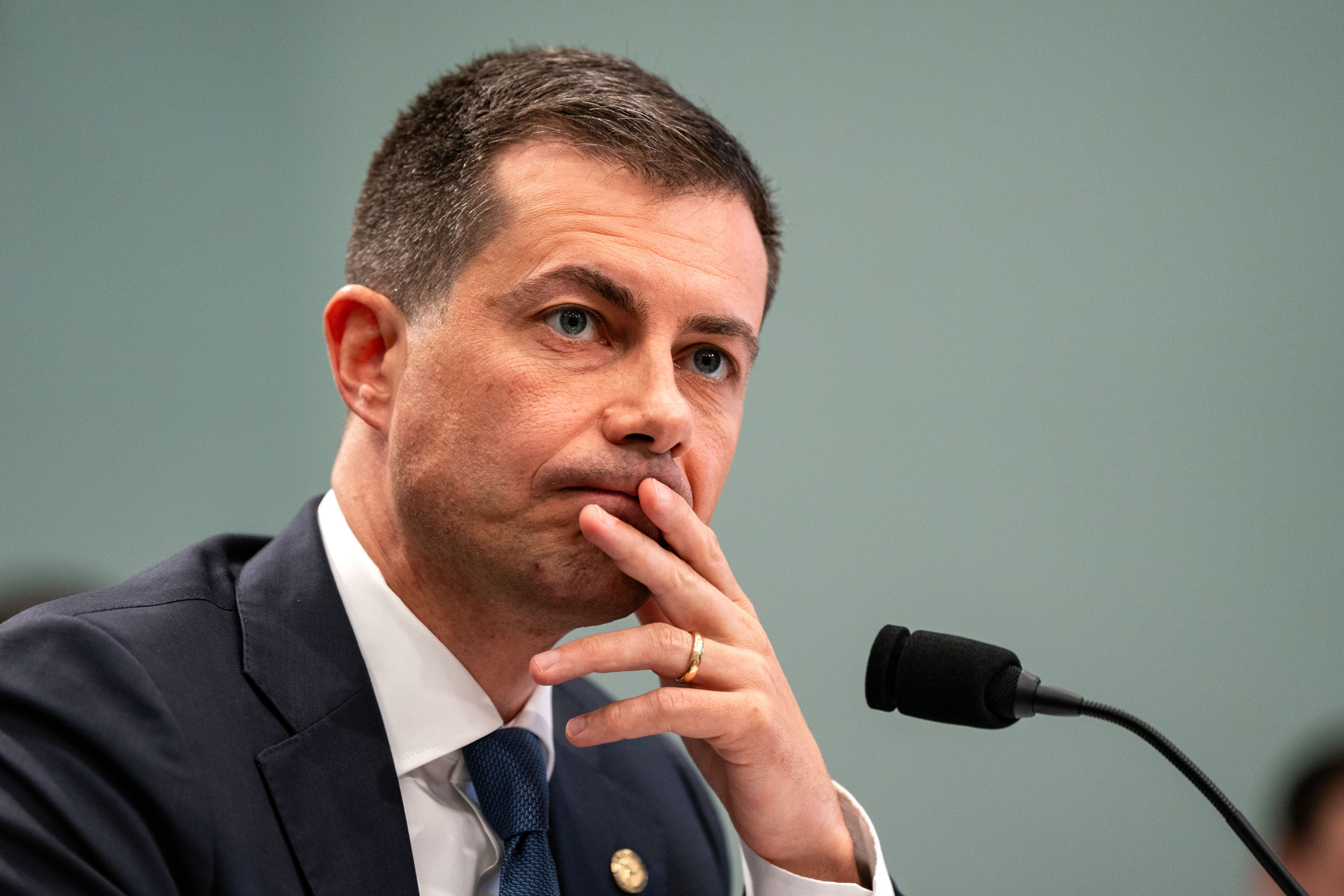The theme of this year's national teachers' union conventions was anger, particularly at President Obama, Education Secretary Arne Duncan, and reformers in general. The reason—the federal government's Race to the Top competition has been much more successful than anyone expected in speeding up the pace of reform. To improve their chances of winning part of the $4.3 billion competition, states have been rapidly pulling the caps off charter schools, developing performance-pay plans, and designing more rigorous teacher-evaluation programs, all of which make some teachers feel pressured and demonized. The unions expected those kinds of initiatives from Republicans, but certainly not from the Democrats they helped to elect.
So maybe it's not a surprise that no major administration figure was scheduled to speak at either the National Education Association or American Federation of Teachers conventions. When the NEA gathered in New Orleans last week, Dennis Van Roekel, the president of the nation's largest teachers' union, blasted the administration it worked to elect two years ago: "Plain and simple—this is not the change I hoped for. Our members feel betrayed, and so do I! Our members are angry. So am I!"
When it came time for Randi Weingarten, the president of the American Federation of Teachers, which represents many urban districts, to address her members at their national meeting in Seattle on Thursday, she went after Obama and Duncan for praising the firing of the entire faculty of Central Falls High School in Rhode Island and dismissed union critics as the "blame-the-teacher crowd." "Never before have I seen so few attack so many, so harshly, for doing so much, often with so little," she said. Some union bloggers said Weingarten felt compelled to heat up her rhetoric after hearing Van Roekel's speech, as well as that of the new president of the AFT's Chicago local, Karen Lewis, who ran on an anti-reform platform. But it's worth noting that the bulk of Weingarten's speech emphasized collaboration and her determination that the AFT would "lead and propose, not wait and oppose." AFT members, she said, must be "constantly searching for solutions we believe will work, even if those solutions force us to think outside the box or make us feel uncomfortable."
The political shifts within the unions may inadvertently benefit Weingarten's standing nationally by increasing her image as the union leader reformers can work with. Since the Obama administration came into office, Van Roekel has largely chosen to be a nonpresence in the national education-reform debate, while Weingarten has doggedly insisted that her union's voice be part of the conversation. She has taken a lot of heat for her trouble, but as a result of her role in crafting new reforms in Colorado, the District of Columbia, and New Haven, Conn., she has also begun to win some bipartisan praise for herself and her organization from some of their biggest critics. Whether that ultimately helps or hurts her standing among her members is a question currently without an answer.
Uncommon Knowledge
Newsweek is committed to challenging conventional wisdom and finding connections in the search for common ground.
Newsweek is committed to challenging conventional wisdom and finding connections in the search for common ground.





